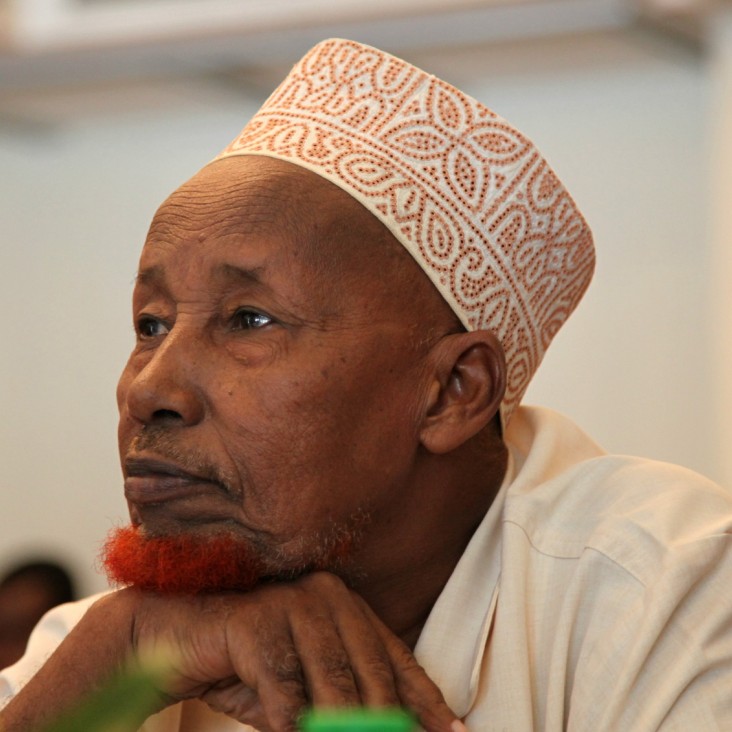
Somalia's new parliament, formed in August 2012, provides for two chambers--the upper house, which is pending formation, and the lower house--or House of the People, the country's national legislative body. This house, currently with 275 members, is taking shape as parliament has established new committees tasked with considering policy issues, scrutinizing the progress and expenditures of the government, and analyzing legislation.
After years as a member of the transitional federal parliament, Abdi Hashi knows the importance of the committee creation all too well. Hashi is keen to underscore the symbolic significance of the new parliament.
“This parliament enjoys the highest level of confidence and legitimacy in a really long time,” he says. “People believe this parliament and its organs will deliver their aspirations."
In February 2013, USAID supported a workshop for house committee chairs on developing a legislative agenda. Implemented by the NGO National Democratic Institute for International Affairs, the training, held in Nairobi, Kenya, focused on the role of legislative committees and how they may interact with the executive branch of government, consult with civil society groups, and build consensus.
In lively sessions, the legislators examined sections of the provisional constitution that call for legislative action, and discussed the details of committee work. As the workshop drew to a close and members of parliament (MPs) braced for the new parliamentary season, an air of confidence pervaded the sessions.
“I’m grateful that this workshop was held a week before the opening of the new season of the House. MPs are now energized from the interactions and sessions they’ve had and will act on what they've learned,” said Adan Sadiq Mohamed, chair of the Judicial Committee.
">
The workshop is part of a larger USAID program of parliamentary support to Somalia that is scheduled to conclude by spring 2014.







Comment
Make a general inquiry or suggest an improvement.